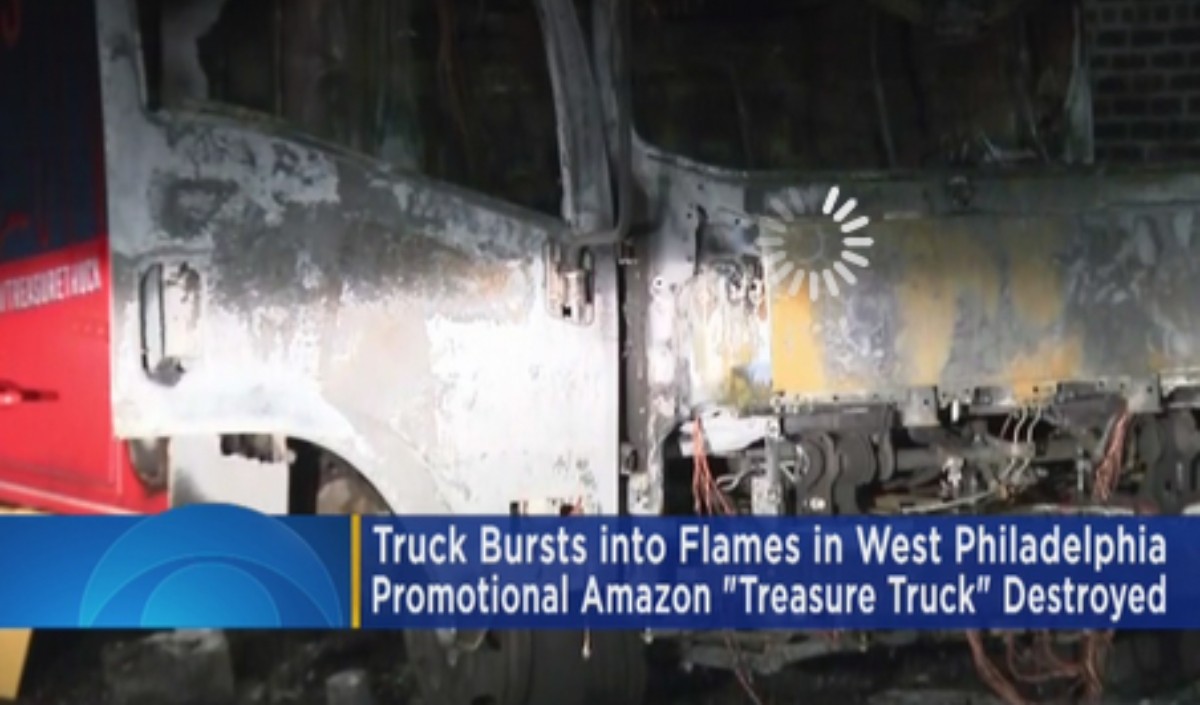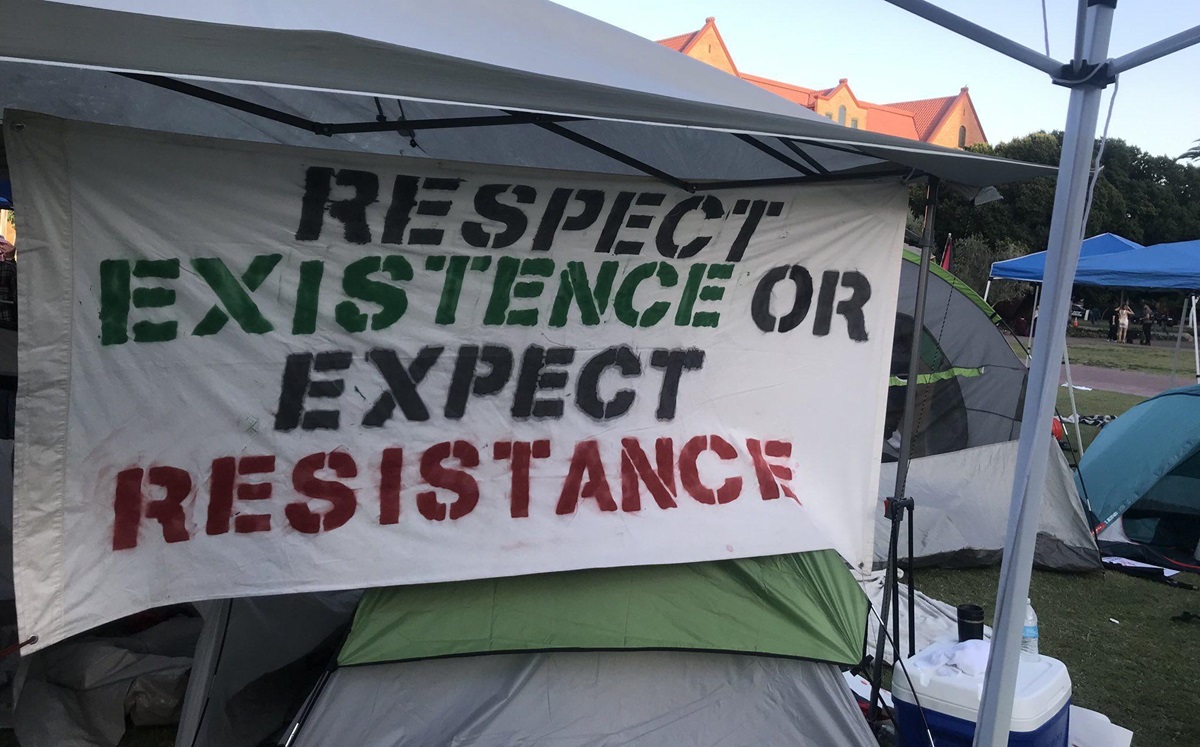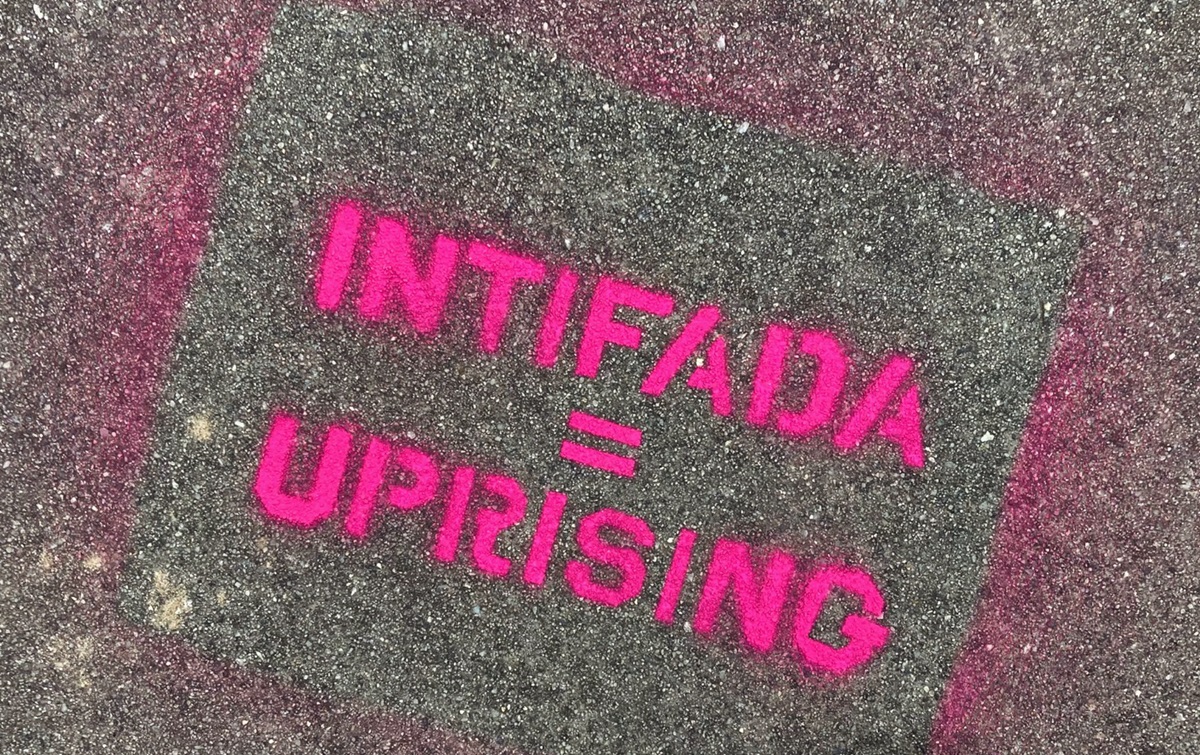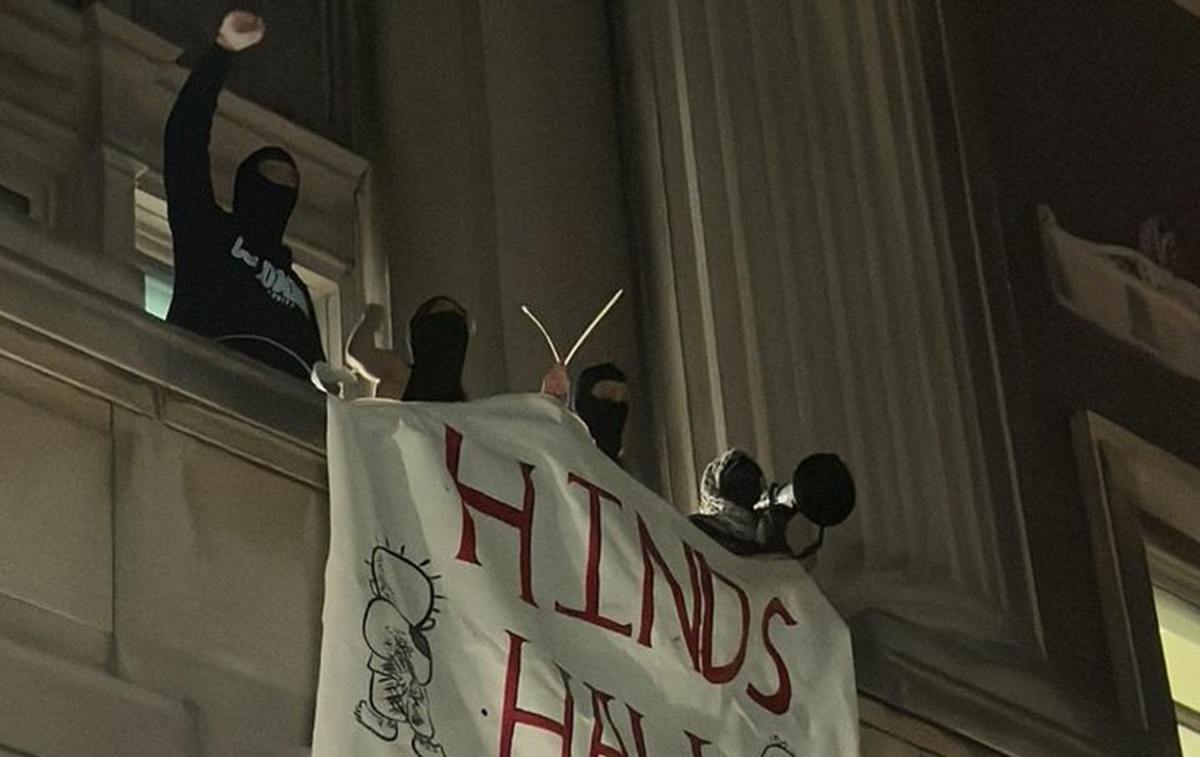Filed under: The Grouch

Officials say the cause is unknown, but the fire is not suspicious.
Move over Mr. Burns.
Jeff Bezos, now the richest men alive and the CEO of Amazon, has entered both the popular blue collar imagination as the public image of both the neoliberal capitalist (who bought The Washington Post several years ago) as well one of the chief proponents of the new, automated and fully digitized, American workplace that maximizes convenience for the consumer while exploiting workers to the most extreme degree possible. Amazon, along with other tech companies, have helped to push a slew of rapidly changing forces: from automation and their “worker-less” stores, to warehouses, where US workers wages are literally almost on par with Chinese workers.
As Atlanta Against Amazon wrote:
Inside Amazon’s warehouses, workers are treated like prisoners on parole. They are strapped with tracking devices that monitor their productivity in calculated units. These devices link performance measuring algorithms to an automated disciplinary system, where workers are docked “points” for not working hard enough, getting sick, or spending too much time in the bathroom. Amazon has more data regarding its workers than any employer in history, and they use this data to constantly optimize the process of production, quickly terminating and replacing those not operating at maximum efficiency. Maybe this is why Jeff Bezos was recently voted Worst Boss in the World.
Of course, Amazon is in the process of automating it’s warehouses, and in Bezos’ perfect world, he would only employ robots. Just as Taylorism and Fordism were the defining principles that changed the nature of work in the 20th century, Amazon is a global leader of restructuring the future of work for the emerging information economy: an economy without us.
Now, “seasonal” Amazon workers are known to camp out in their cars and vans in vast parking lots, working long hours in the hopes of earning “points” which might allow them to take a day off. In this work environment, you have to earn basic rights by working overtime, not calling out sick, and also taking on extra work. Anyone that has worked at an Amazon “fulfillment” factory will tell you, the hours are long and often overtime is mandatory if asked, while some workers resort to peeing in bottles.
Drivers, working through systems comparable to Lyft and Uber, shuttle products around the city in their cars, while other nodes of trucks, drones, and lockers also are being designed and deployed. Amazon is fast becoming the new WalMart, and is gaining on the retail giant as the fastest growing employer in the US. This in turn is wrecking havoc on the retail industry, which in many instances is shuttering or on the verge of crashing, as many Americans are not only buying less but also doing their shopping online.
As Atlanta Against Amazon wrote:
Amazon is Wal-Mart on steroids. When companies with a global reach and supply chain move into town, their anti-competitive nature destroys the possibility of running successful local businesses. Companies like Amazon rely on corporate welfare and government pay-offs to undercut local retailers, and we’ve already seen how Amazon’s original platform as an on-line bookseller forced thousands of independent bookstores to close down. The more successful Amazon is, the more we will see farmer’s markets, neighborhood hardware stores, and clothing boutiques boarded up. It’s hard to compete with a company who’s predictive data analytics tools have not only determined which products you’re most likely to buy next week, but have already shipped those products to the distribution center closest to you, all without you ever having to think about it.
Meanwhile, a tightly surveilled and controlled tech elite are allowed to work, eat, shop, and play in newly gentrified downtown corridors, which have been cleansed via the police of homeless, the poor, and the potential insurgents.
As the Transmetropolitian Review wrote:
Just days after Jeff Bezos announced he’d purchase the South Lake Union property, the first anarchists were imprisoned at the federal detention center in Seatac. By the spring of 2013, the witch hunt had ended but the local rebellion was crushed. Then the real changes hit Seattle. What we experienced in 2010 was nothing by comparison. Cranes filled the air, thousands of “Amazombies” moved to the city, and rent began its long climb beyond our reach. Everything we loved began to vanish. There was no opposition to this blitzkrieg of construction and displacement. No more building takeovers, no more beating the police, no more fires. This is how capital restructures a city. It crushes the opposition, forcibly if necessary.
In 2010, the average rent for a one-bedroom apartment was around 1,000 dollars in Seattle. In 2000, it was around nine hundred dollars. Little changed in those years, even during the first tech-bubble. However, between the years 2010 and 2018, the average rent for a one-bedroom apartment rose to over 2,000 dollars, if one is lucky to find something that cheap. Many luxury apartments are currently listed for 4,000 dollars a month, with some over 10,000. Renting a four-bedroom house is still possible for normal people in Seattle, with each resident paying around 700 dollars a month, although purchasing a house is impossible for all but the rich, with the average home price now at 720,000 dollars.
To make matters worse, Amazon is also pushing to build its new headquarters in an at this time, unannounced American city. It is expected that this new Amazon headquarters will lead to the rapid gentrification and stratification of that city, as well as become a testing ground for Amazon’s latest toys.
Many people however, seem to have not resigned themselves, quite yet.
Growing Resistance
At every turn, Amazon has faced resistance to the world that it seeks to produce. In Europe, workers have organized mass strikes against Amazon in the fulfillment factories, while workers on the street have taken to torching Amazon trucks.
#Germany: Attacks Against #Amazon in #Berlin and #Munichhttps://t.co/KrS7LmCt6z pic.twitter.com/BI3nr2X4Av
— Insurrection News (@InsurrectNews) November 28, 2017
In the United States, campaigns are underway in a variety of cities, most notably Atlanta, GA, to resist the corporation moving into the city to build its HQ. So far, this has taken on the distribution of anti-Amazon texts, the putting up of anti-Amazon posters, and proliferation of anti-Amazon graffiti. In Seattle, people have also organized various anti-Amazon protests and demonstrations, both reaching out to workers and encouraging them to join the Industrial Workers of the World, as well as decrying the latest gentrifying monstrosities.
With each new expansion, Amazon’s power to impact the world grows. @Eric_Ginsburg on the groups fighting to stop the company from building its next headquarters in their city:https://t.co/i5g8WZEEro
— mask magazine (@mask_mag) April 27, 2018
There has also been a small sprinkling in the US of clandestine sabotage actions, such as in Europe, which has involved attacks on Amazon property as well as arson attacks to trucks. According to an anonymous communique posted on Philly Anti-Capitalist:
Sparks were flying as we cut the power cables on five different amazon lockers in Philly. A small contribution to the struggle against that company and what it’s doing to our world. Motherfuckers!!
This action was completed over a few weeks in response to the calls for attacks against them. Small consistent attacks can do more over time than one spectacular operation, but seeing sparks fly while destroying what aims to destroy us is also pretty fucking spectacular.
Another anonymous communique on the same website claimed to go even farther against Amazon. It wrote in another statement:
We wrote “Fuck Amazon” on the sides of the Amazon Treasure Truck. Then we set fire to the cab. The boom we heard in the distance suggested it exploded.
There’s been almost no media coverage of this except for a short news story about a potential arson, which later got changed to a story that said that officials did not suspect any suspicious activity.
We will continue to fight against Amazon and HQ2, here and elsewhere.
Sure enough, on the Philadelphia CBS local news, the only mention of the fire simply states:
The Amazon Treasure Truck is a promotional tool for the online company. The vehicle drives around different cities, offering big deals on certain items. Officials say the cause is unknown, but the fire is not suspicious. No was was injured.
Seems some people in Philly don’t want Amazon around, but the mainstream media would rather you didn’t know about that.
Property Destruction is as American as Apple Pie
But while the media may brush aside acts of resistance, the State would much rather define it as terrorism. A threat to Western civilization, new born babies, and adorable puppies across the nation.
We live in a time when the State is seeking to criminalize social movements and make things that are already illegal – even more illegal. Chief among them is the push to further criminalize things which would blockade or hurt flows of commodities and energy; thus the logic to criminalize freeway blockades and anti-pipeline protest. Moreover, J20 defendants are facing upwards of 60 years, with some being charged for supposedly breaking the windows of multinational banks. To listen to the State tell it, these actions are a threat to the public, and are themselves violent and terroristic by nature.
#MakeAmazonPay in Berlin #AmazonHQ2 #NoHQ2 pic.twitter.com/X2KrFFiwDf
— Fuck Off Amazon (@NoNewHQ) April 24, 2018
Ironically however, rioting and property destruction have always been a key part of the creation of both the American State itself, as well as social movements which have sought basic reforms.
As Paul Gilje explains in his excellent book, Rioting in America, during the American Revolution rioting and property destruction was both common place and played a key role in the American Revolution. Far from a small “3%,” mass rioting and targeted property destruction coincided which much celebrated acts of pre-Revolution rebellion, such as the Boston Tea Party and the Boston Massacre. Mobs actions such as tar and feathering of local politicians and rioting against rising commodity prices and taxes, was also something that was popularized by immigrants from European countries in their original homelands, which of course was in part the impetuous for many European powers to push their surplus population into the Americas, for fear of a widespread revolt against class society.
Madrid: strike at the Amazon factory. (March 21 and 22) #HuelgaAmazon pic.twitter.com/sIMmIaMDbO
— Revolución Real Ya (@RRYrevolucion) March 20, 2018
Post-Revolution, rioting and property destruction remained easily available weapons in the class war from attacks against the system of slavery in the South, to the labor battles in the North. During the Depression in the 1930s and the Civil Rights era of the 1960s, it was mass rioting and often the destruction and occupation of property which pushed the elites into granting key reforms, which history now often accounts as simply the victories of formalized organizations, such as labor unions or non-violent leaders.
The other side of the coin of course, is that the American system of capitalism, resource extraction, imperialism, and policing remains incredibly violent to its core, and of course is founded upon by mass genocide, slavery, and human bondage. And now in 2018, upwards of 3.5 people per day are killed by US law enforcement. The US kills civilians and people across the globe through done strikes and sanctions. Moreover, parts of the US rival the developing world in terms of poverty and lack of access to basic needs and services, leading to a decline in US life expectancy, even for white workers.
people in capitol hill sure don't like this bezos fellow……..
?
Oh my ! ! ! ! pic.twitter.com/PzvrezbTOx— —__ A N G R Y __— __W I Z A R D __— (@spacedeath2) April 5, 2018
In short the crocodile tears of US elites about the ‘dangers’ or ‘threat’ to the public, both from social movements, or the occasion outbreak of proletarian revolt – is hilarious.
And the conditions for revolt are only growing. Current studies predict that in 10 years, 50% of the workforce will be part of the gig economy and work “freelance,” while many current jobs will be replaced or impacted by automation. When this is coupled with gentrification and the rising cost of living, you have a recipe for a lot of angry people compacted in relatively small places: big cities. As the Atlanta anti-Amazon posters read: “The robots are coming, stop them before it’s too late.”
Skynet may already be online, but that doesn’t mean we have to settle for doomsday.





